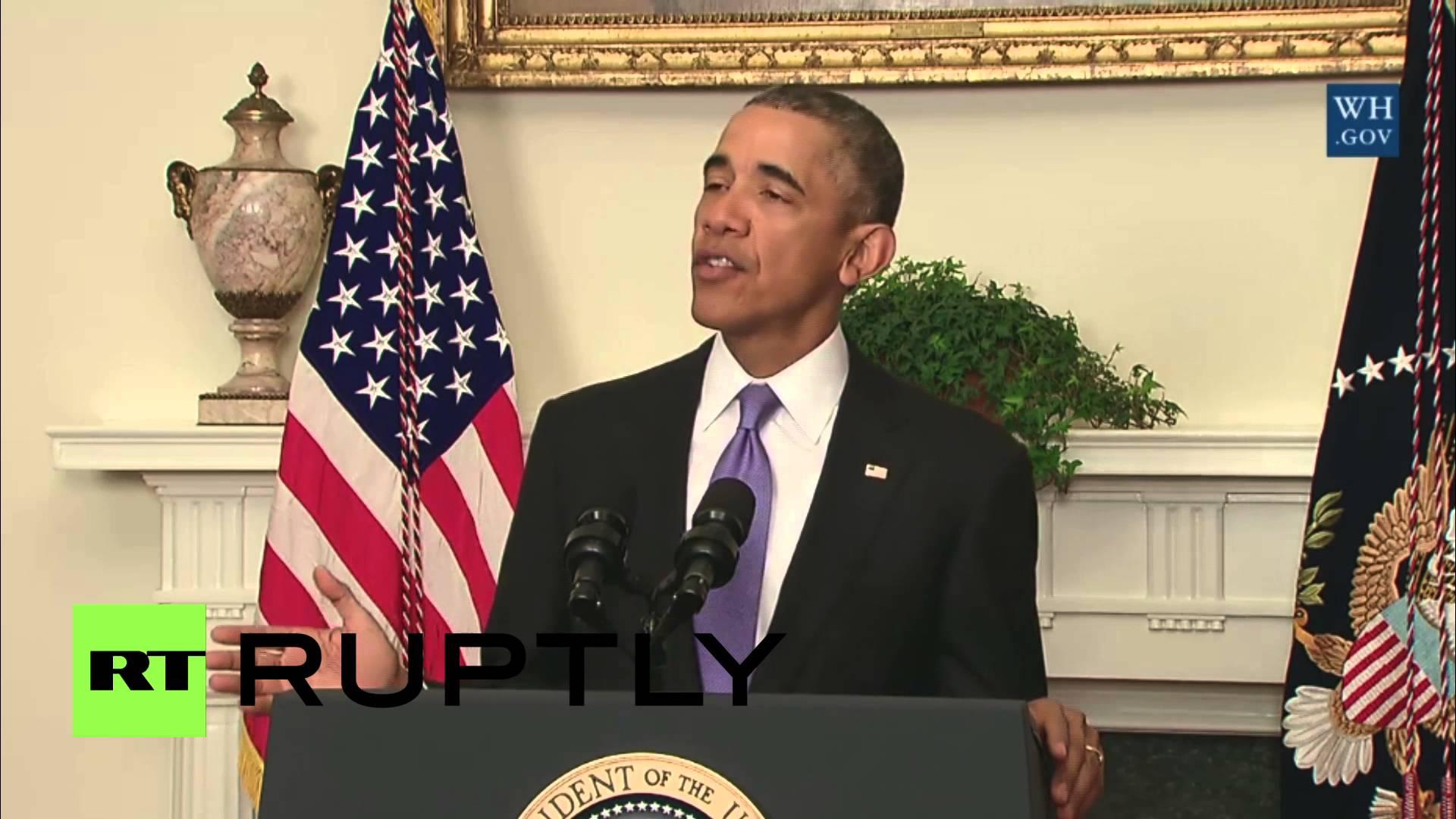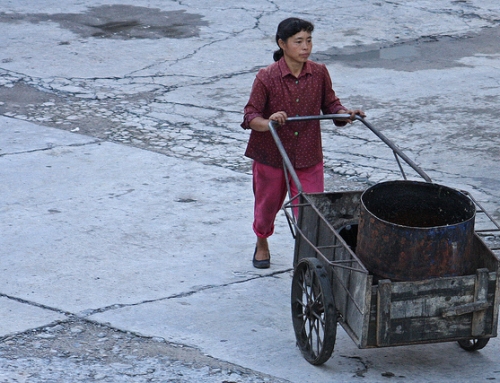As the Islamic Republic of Iran celebrates the lifting of crippling international sanctions imposed for its controversial nuclear program, the Obama administration has met fierce criticism from both the domestic turf and Gulf region for being lenient towards Iran. The International Atomic Energy Agency certified that Tehran had complied with the terms of the nuclear agreement signed by the U.S., as well as five other major powers, and had “curbed its nuclear development program.” This meant that Tehran would have access to over $150 billion in sanctions relief and could not ask for more after a side arrangement with the U.S., that saw the release of its seven nationals granted clemency by President Barack Obama. The lifting of the sanctions, together with the prisoner swap, has prompted many critics to question the effectiveness of the American diplomacy with a country arguably seen by other Gulf region countries as the sponsor of terrorism.
Discordant voices against the Obama administration has questioned the wisdom of American diplomacy with Tehran. They are of the view that Tehran has got the fat end of the nuclear deal. The leading GOP presidential frontrunner Donald Trump quipped at the numbers and was quoted in the different sections of the U.S. media saying, “They’re getting seven people, so essentially they get $150 billion plus seven, and we get four.” He also stated that although he was happy that the American citizens were eventually free, it was a “disgrace” that they were incarcerated for so long.
Another GOP candidate, Jeb Bush, criticized the White House for the “prisoner swap.” He suggested that the sanctions debacle has shown how America has finally negotiated with the terrorist, much against its avowed policy. He said that releasing Iranian prisoners was a sign of “weakness,” which translates to “victory for Iran.” Iranian President Hassan Rouhani described the lifting of sanctions and release of the seven prisoners as “glorious victory.”
Adriana Cohen, co-host of Herald Drive on Boston Herald Radio, called the nuclear deal a costly mistake. She described Iran as the “world’s leading sponsor of terror” and said that Tehran did not deserve to have its sanctions lifted, as it has shown the capability of “thumbing its nose at U.N. rules.” This was in reference to the fact that the oil-rich nation has previously defied the nuclear accord by launching missiles despite the standing agreement.
Israeli Prime Minister Benjamin Netanyahu, who in 2015 called the nuclear deal a “stunning mistake,” reiterated his country’s mistrust of the nation formerly known as Persia. In a statement released by Reuters, Netanyahu said his country shall closely watch the Middle East country for future violations and called upon the world powers to take “appropriate response[s] to each violation.” Israeli Public Security Minister Gilad Erdan was also quoted as saying that the lifting of the sanctions has come at a “dangerous time,” since Iran will have the financial muscle to carry out its nuclear activities “without having to give explanations about its military activity.”
Adel al-Jubeir, the Saudi Arabia foreign minister, told CNN that his country has lost confidence in Iran. Jubeir was quoted as saying, “[Iran] has been aggressive and has demonstrated no inhibitions in using terrorism.” He also stated that the lifting of sanctions will give it leverage to continue supporting “violent extremist groups” in Lebanon, Yemen, and Iraq.
However, the Obama administration is of the view that diplomatic measures were required to solve the impasse. Speaking on Jan. 17, 2016, just after the release of the American prisoners from Tehran, President Obama praised the power of “strong American diplomacy” that managed to “prevent another war in the Middle East.” He was quick to answer his critics saying that this “one-time gesture to Iran” does not mean that the U.S. and its allies have given in to its nuclear plans, but will remain steadfast in monitoring any violations of the deal. The video below sums up the U.S. stance on the lifting of sanctions on Iran.
By Shepherd Mutsvara
Edited by Leigh Haugh
Sources:
CNN: Saudi Foreign Minister Deeply Skeptical of Iran Deal
Bloomberg: Iran Sheds Economic Sanctions Yoke as Nuclear Deal Ratified
Boston Herald: Adriana Cohen: World a Dangerous Place With a Sanction-Free Iran
Reuters: Israel Licks Wounds as Iran Sanctions End, Looks to Future U.S. Aid
Image Courtesy of European External Action Service’s Flickr Page – Creative Commons License



![Iran Sanctions: Did America Negotiate With the Terrorist? [Video] Iran](http://guardianlv.com/wp-content/uploads/2016/01/19531283189_865d87bb33_k-650x433.jpg)



![Adolf Hitler and Donald Trump Similarities Will Lead to What Outcome? [Update]](https://futurepreviews.com/wp-content/uploads/2017/01/Screen-Shot-2017-01-12-at-7.29.12-PM-500x383.png)
